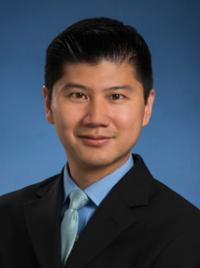The overall goals of Dr. Chan’s research program are: 1) to determine the metabolic requirements for the maintenance of self-renewing leukemic stem cells; and 2) to discover novel therapeutic strategies that target their unique metabolic vulnerabilities.
Given the central role of the mitochondria in a multitude of cellular processes, his laboratory will primarily focus on the role of this organelle in leukemogenesis. His research will attempt to address the following fundamental questions:
- What are the differences in metabolic and mitochondrial properties between leukemic stem cells (LSCs) and more differentiated non-LSCs?
- How do nuclear or mitochondrial DNA mutations contribute to these changes in LSCs?
- How do these changes contribute to leukemogenesis and stemness in LSCs?
The laboratory will employ a range of advanced genetic and analytical tools to study these questions in human-derived AML samples in
ex vivo cultures and in xenotransplant models (e.g., NSG mice).
Another focus of the lab is to develop novel therapies that target the mitochondria. Recent studies have shown fundamental differences in mitochondrial properties between LSCs and normal HSCs. These differences can potentially be exploited for therapeutic purposes. Dr. Chan's laboratory will employ shRNA and CRISPR/Cas9-based genetic screens to identify unique vulnerabilities associated with mitochondrial dysfunction in leukemic cells. In addition, these screens will be used to identify potential drug partners that overcome resistance to existing mitochondria-targeted drugs (e.g., BCL-2 inhibitors).

